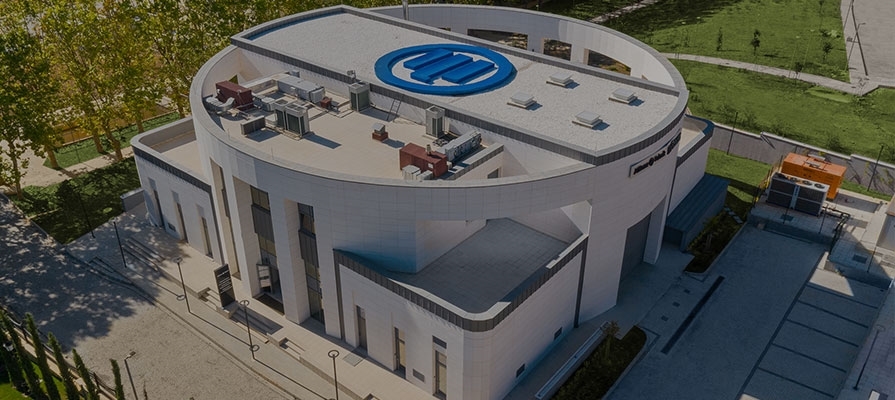
In the second part of our interview with Dr. Ceyhun Eren, whom we met at the Allianz Technical Earthquake & Fire Testing and Training Center, entitled the “Developments and Suggestions in the Insurance Sector”; you can read his opinions about the following questions:
Actually, there is not a big change in the scope of the policy. There could be certain changes in the perspective and pricing of certain sectors in fire insurance. Insurance is basically based upon the good interpretation and use of statistical data about risks. The reason for this change is that companies are learning to manage their risks accurately by taking the right measures. We observe that measures are increasing in the course of time and awareness is enhanced. Here, a win-win based relationship is significant.
I have spent almost 21 years in this industry. In my early years, even buying a fire extinguisher was a big issue. I consider that the guiding effect of the insurance sector is very important at this point. As the regulations and systems have developed significantly, we can say that the policy structure is naturally expanding as well. Although it is called as “fire policy”, it includes business interruption, breakdowns that occur during the operation of machines and even loss of performance in solar panels.
I must also indicate that regarding the sad earthquakes we experienced, we observed that one of the major deficiencies was the lack of business interruption and loss of profit insurance. Unfortunately, very large companies were unable to continue their business operations for almost one year and although they can compensate for all their damages from insurance in financial terms, if they do not have a business interruption and loss of profit policy, they unfortunately face the situation of not being able to compensate for the damages that they will experience during this period.
There is a serious mathematical calculation behind it. Here, a premium calculation is made by assessing the real financial condition by taking into consideration the effects of the production process, annual turnover and seasonal changes, if any. This means that the compensation for the loss of profit that you will experience during a specific year is guaranteed in return for the payment of a certain premium to be paid, and I can say that there is a serious actuarial study behind it. If we compare it with a classic fire policy, the premiums are not very low, but when such a situation occurs, its importance can be better understood. In fact, let me give you a statistic on this matter. According to the results, 1 out of every 3 companies that experience a major fire is unable to continue their activities even if they have a valid fire insurance policy.
Insurance companies abroad are operating much more efficiently in terms of an inspection and approval mechanism. Unfortunately, in our country, I am sorry to say this, but the risk acceptance policy is recognized as a rule-maker. In fact, the regulations in Turkey prescribe the types and levels of risks to be accepted very clearly. While one insurance company may request a high level of fire measures before issuing a policy, another company may request a lower level. You cannot prevent this in a free market economy, and whether or not to issue a policy is up to the business decisions to be taken by the insurance companies.
I can also say that this results from the insurance companies softening and hardening their perspectives from time to time. There is no significant change in impartial companies like us, which are committed to the standards, codes of conduct, scientific and strict procedures. However, other insurance companies which encounter major damages and which are liable to pay indemnities can suddenly start to implement a very strict process. We have excellent regulations regarding earthquakes and fires in our country. If the relevant responsibilities were implemented and the basic perspective was improved, I can say that these problems would be resolved.
Imagine that instead of the insurance company, all the companies operating in that business line merges and fills a pool with premiums, and if one of those companies needs all the money collected in the pool as a result of the damage that it has suffered due to the lack of taking sufficient measures; wouldn't the other companies say "we are taking measures, but you are not taking any measures and therefore, we are experiencing an unfair loss in our savings"?